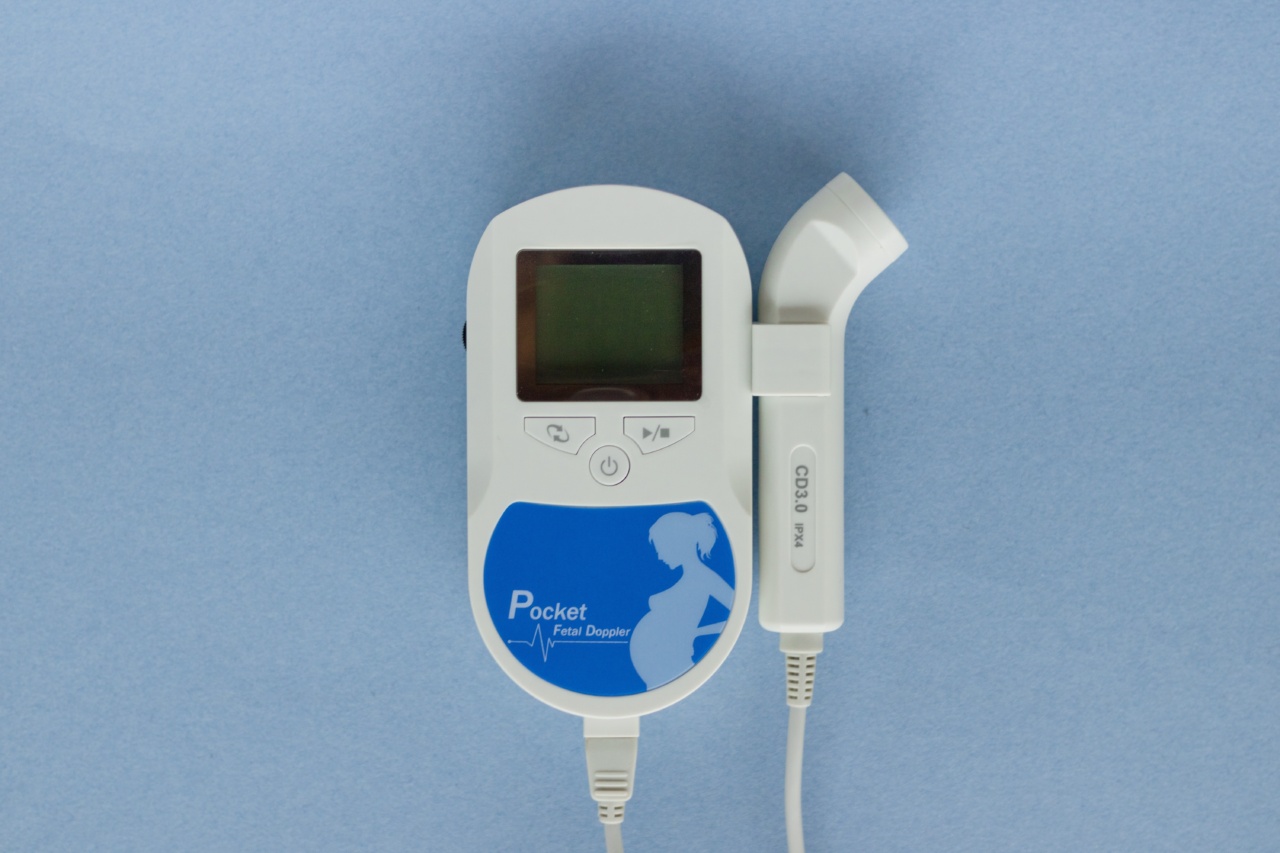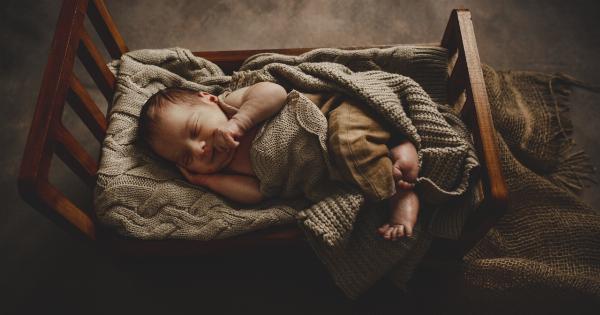Pregnancy is one of the most critical periods in life when it comes to taking care of your body and lifestyle. It requires a lot of care and attention to ensure that the baby is healthy and develops correctly.
One such area that requires extra attention is alcohol consumption during pregnancy. This is crucial because what you consume during pregnancy can have significant effects on the development of the fetus.
What is Fetal Development?
Fetal development refers to the growth and maturation of the fetus. During this period, several crucial processes take place that culminates in the fully developed baby.
The development of the fetus occurs over three critical phases, the germinal stage, embryonic stage, and fetal stage.
The Germinal Stage
During this stage, the sperm fertilizes the egg, resulting in a single-celled zygote. After around a week, the zygote divides into several cells, forming a blastocyst, which implants itself into the lining of the uterus.
At this point, the blastocyst begins to develop into an embryo.
The Embryonic Stage
In this stage, the embryo begins to develop organs and tissues. This process occurs through the division of cells, and there is rapid developmental progress.
In this phase, the fetus is highly vulnerable, and any abnormalities that occur during this stage can have severe effects on the fetus.
The Fetal Stage
This stage marks the period when the organs and tissues start to function correctly, and the fetus begins to develop into a baby.
During the fetal stage, the body grows at a rapid pace, and the baby starts to develop specific characteristics that make them unique. The fetus becomes fully formed and is ready for life outside the womb.
How Alcohol Affects Fetal Development
Alcohol consumption during pregnancy can have devastating effects on fetal development. The alcohol that a pregnant woman consumes goes into the bloodstream and, in turn, into the placenta.
The placenta acts as a filter for the fetus, but it is not entirely effective in filtering out alcohol. The alcohol can cause significant damage to the unborn baby’s brain, liver, and other organs.
Drinking alcohol during pregnancy can lead to fetal alcohol syndrome (FAS) or fetal alcohol spectrum disorders (FASDs). FAS is a severe and lifelong condition that affects children born to mothers who consumed alcohol during pregnancy.
The condition has several physical and mental symptoms, including developmental delays, abnormal facial features, and intellectual disability. FASDs are also severe conditions that encompass a wide range of symptoms and can affect the baby’s cognitive abilities, including learning and attention difficulties.
Why Alcohol is Not an Option during Pregnancy
The development of the fetus largely depends on the environment in which it is developing, and alcohol consumption dramatically affects this environment. During pregnancy, alcohol is not an option because of the following reasons:.
Developmental Delays
The consumption of alcohol during pregnancy can lead to developmental delays. The baby may be born with a low birth weight, and this can affect its development later on in life.
The baby’s development can be stunted, and it may not develop as fast or as well as other children.
Brain Damage
The consumption of alcohol during pregnancy can lead to severe damage to the baby’s brain. This damage can lead to cognitive problems later on in life.
The baby may have difficulty paying attention, learning, and may experience problems with memory.
Physical Abnormalities
Alcohol consumption during pregnancy can also lead to physical abnormalities in the baby. The baby may be born with abnormal facial features, such as a small head and thin upper lip.
These abnormalities can be permanent and may affect the baby’s overall health and well-being.
Summary
In conclusion, pregnancy is a critical period in life when it comes to taking care of the body and lifestyle. Alcohol consumption during pregnancy can have severe effects on fetal development.
Fetal alcohol syndrome and fetal alcohol spectrum disorders are two of the most severe conditions that can result from alcohol consumption during pregnancy. It is essential to avoid alcohol during pregnancy to ensure that the baby develops healthily and without complications.



























